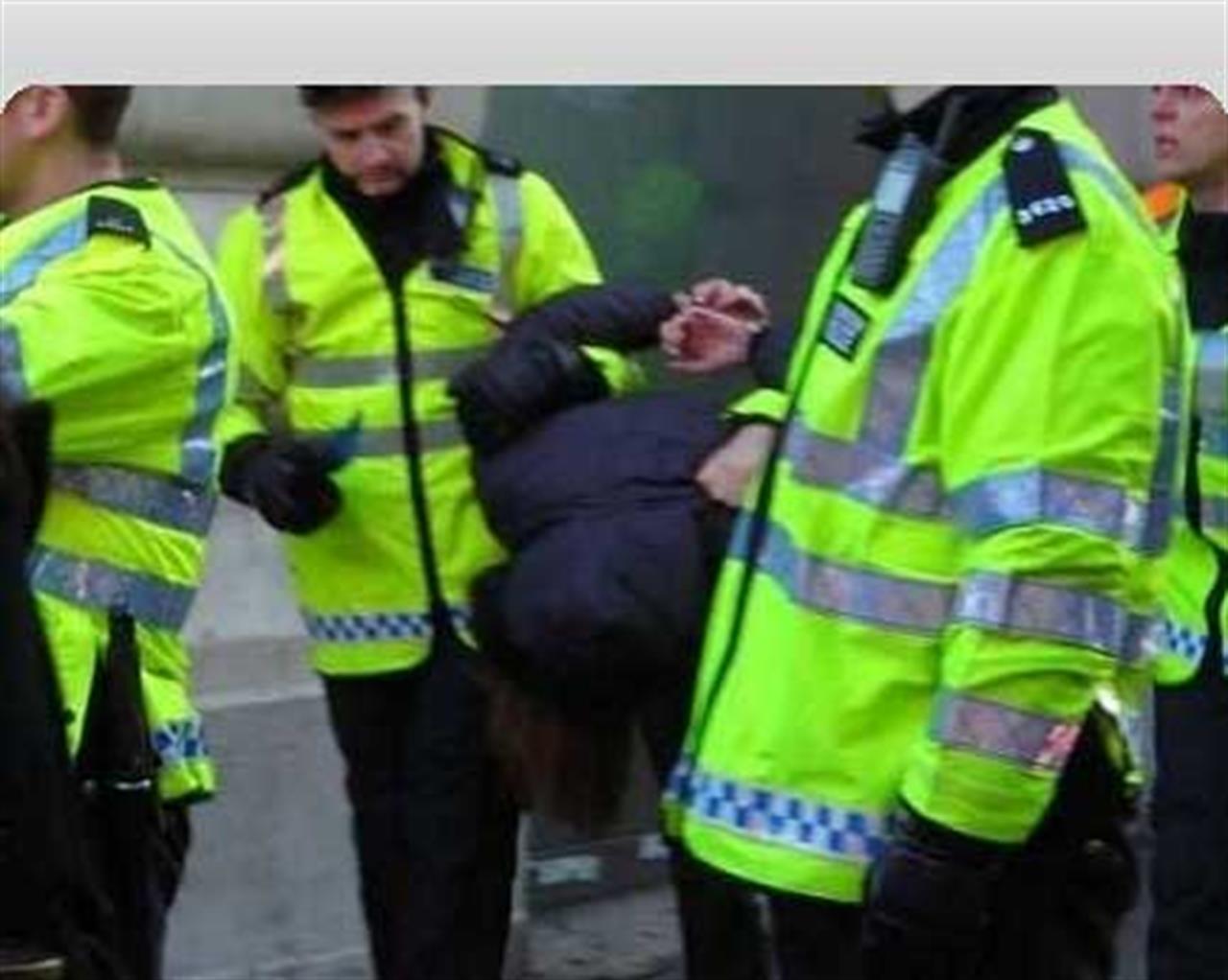Mondo
Civil society activists now treated as “domestic extremists” by police
Worrying findings by the Guardian newspaper

Civil society activists are now being seen by local police in the United-Kingdom as “domestic extremists.”
The Guardian has reported that the UK police are gathering the personal details of thousands of activists who attend political meetings and protests, and storing their data on a network of nationwide intelligence databases.
The hidden apparatus has been constructed to monitor “domestic extremists”. Detailed information about the political activities of campaigners is being stored on a number of overlapping IT systems, even if they have not committed a crime.
Senior officers say domestic extremism, a term coined by police that has no legal basis, can include activists suspected of minor public order offences such as peaceful direct action and civil disobedience.
Three national police units responsible for combating domestic extremism are run by the “terrorism and allied matters” committee of the Association of Chief Police Officers (Acpo). In total, it receives £9m in public funding, from police forces and the Home Office, and employs a staff of 100.
An investigation by the Guardian has revealed amongst other things that vehicles associated with protesters are being tracked via a nationwide system of automatic number plate recognition (ANPR) cameras. For instance, one man, who has no criminal record, was stopped more than 25 times in less than three years after a “protest” marker was placed against his car after he attended a small protest against duck and pheasant shooting. ANPR “interceptor teams” are being deployed on roads leading to protests to monitor attendance.
Go to the full Guardian article
Cosa fa VITA?
Da 30 anni VITA è la testata di riferimento dell’innovazione sociale, dell’attivismo civico e del Terzo settore. Siamo un’impresa sociale senza scopo di lucro: raccontiamo storie, promuoviamo campagne, interpelliamo le imprese, la politica e le istituzioni per promuovere i valori dell’interesse generale e del bene comune. Se riusciamo a farlo è grazie a chi decide di sostenerci.
